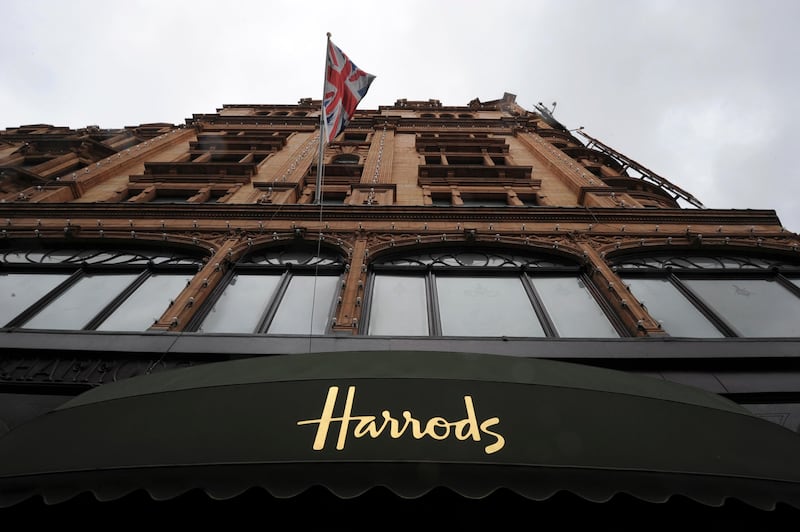As the GCC meets in Cairo on Wednesday, the normally sedate St James's Square in central London provides an aptly distant backdrop for a rival briefing.
The townhouse headquarters of the Royal Institute of International Affairs, or Chatham House, will host Doha’s foreign minister, Sheikh Mohammed bin Abdulrahman Al Thani, as he attempts to explain his country’s response to the suggestions of its neighbours. It will be the second visit to London in as many months by the Qatari official, who met Boris Johnson, the British foreign secretary, in mid-June.
British leaders have given support for the GCC position but the language has been restrained, advising “urgent steps to restore unity” and stressing the importance of Britain's ties to both sides.
Such caution is perhaps a reflection of the economic stakes for Britain - and other western states - in the stand-off.
Only weeks ago London signed an accord with Qatar that would see $5 billion (Dh18.36bn) invested in the British economy in what was billed as a boost for growth at a time of Brexit uncertainties.
A Chatham House expert pointed out this pressure on British policy in a paper last month.
“This leaves western policymakers in a tricky position. Qatar is a major investment destination for UK, US and French energy firms, who have ploughed billions of dollars into gas export facilities which, in turn, play an important role in European and American energy markets,” wrote Peter Salisbury, a senior research fellow at the think tank.
The global financial crisis has seen a splurge of Qatari investment in London, much of it funded by debt issued by the City of London.
The Qatari ruling family has bought Regency mansions and estates around London. Investment vehicles controlled by the Al Thanis own some of the most prominent properties in London.
When the family snapped up Mohammad Al Fayed's stake in London's most prominent department store Harrod's, Hamad bin Jassim bin Jaber Al Thani was exultant. "We are investing everywhere. Even your Harrod's – we took it," he told the Financial Times.
The portfolio is vast, including the 87-storey Shard, the Olympic village and even the US embassy building, which will fall into its hands when the American diplomats move out next year.
Hamad himself owns the prime apartments at One Hyde Park, Europe’s most expensive residential building.
It has not all been plain sailing. An investment in Barclay’s bank saw high profile former directors of the British institution hauled before the courts this week.
There was another setback when Prince Charles objected to the redevelopment of Chelsea Barracks, once the crown jewel of the British Army in fashionable west London. The prince objected on grounds of taste to the drab proposed designs emanating from the Qatari purchasers.







